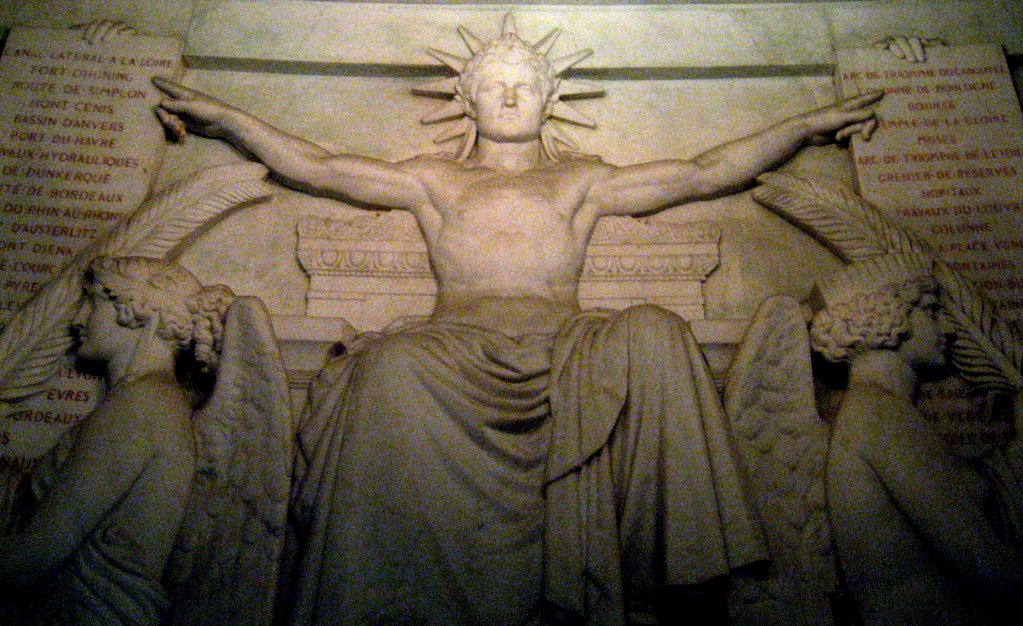I am, you are, we are Australian
A civil religion?
April was a busy month for religious occasions. Easter, of course: the high (and low) point of the Christian faith. ANZAC day, the zenith of cultic nationalism. And a royal wedding (the nadir of republican fervour).
And it led me to wonder: in a post-Christian world where, nonetheless, many of the most socially significant events take place (or are at least echoed) in churches, what is the relationship between Christians and the country in which they live?
I admit to being particularly provoked by the repeated parallel drawn by preachers between the death of diggers and the sacrifice of Jesus. Now, let’s be clear: I’m not a pacifist. (Though if I were, ought my argument to be heard differently?) My grandfather and father were senior officers in the Australian military; they both saw combat. I have a photo of them in Vietnam during the war, the only Western father/son photo in that theatre of which I’m aware.
But the death of diggers and the sacrifice of Christ are alike in only the most superficial manner. Soldiers die as a tragic and occasional side effect of the (sometimes) courageous use of violence to achieve ends. Every death is a failure. Avoiding the loss of soldiers is a growing priority for military leaders and technologists. The more removed humans can be from the field of combat, the better. The use of so-called 'smart' and laser-guided bombs from a flying fortress high out of harms way is an example.
But Jesus died as a direct result of his courageous refusal to employ violence. And the death of Christ was no side-effect – it was a necessary and planned step in his defeat of death itself.
When we Australians tell the stories of our past, then, we need to tell the truth. The freedom of our country is not built on the sacrifice of the many soldiers who died. Military success is not measured by the lives lost, but the lives preserved. The independence of this nation was sustained because Australia and its allies used violence more effectively than our enemies, killing sufficient strategically important humans on the other side and damaging or threatening damage to enough of their infrastructure to bring things to a close.
But we Christians have received a different story about ourselves as Christians: our freedom was won by one who had all the power in the world at his disposal, but refused to employ it to destroy.
All this suggests to me that the stories we tell about ourselves as Australians and the stories we tell about ourselves as Christians seem to be in fairly sharp conflict.
Which brings us to the wedding. And what a wedding! The pomp and ceremony made it impossible to forget, whatever the tabloids and magazines may have said, that this was not just a celebration of a couple in love. It was also a pageant for Great Britain’s imperial past and economic present, and a clarion call to reawaken the monarchy as the centre of British identity.
Oh, and it was in a church. An Anglican church, at that. So was it a state event, or a church event? And does it matter?
I think it does. The church acts on behalf of God – not the state – and receives his institutions. That the Christian – and Anglican – ceremony of marriage is recognized by the state as normative for the provision of certain civil benefits is a serendipitous (providential?) product of the historical coincidence that is Western history. All the chaff around the wedding of William and Catherine, then, is just that – an attempt by the monarchy and the state to lay claim to what happened in the church, but nothing more.
When the church is asked to celebrate and witness a marriage, it can and should do so in the story that Christians receive about marriage, not the story our world tells about marriage. These, again, are very different stories.
Why are our stories – of identity, of marriage, of meaning – so different? Because, ultimately, this is not our country. Our hopes and dreams are not found in our national success – on the battlefield or the sporting field, in romance or in business. We do not look to political or corporate leaders to save us or guarantee our happiness. We do not look to ANZAC for who we are, or royal weddings for who we long to be. We look to the cross - to Easter. As Paul says:
Our citizenship is in heaven. And we eagerly await a Saviour from there, the Lord Jesus Christ.
- Philippians 3:20.
We await a saviour from somewhere else. That is who we are. That is the story we have to tell. About us. About our world. We await a Saviour, Jesus Christ, from somewhere else.











